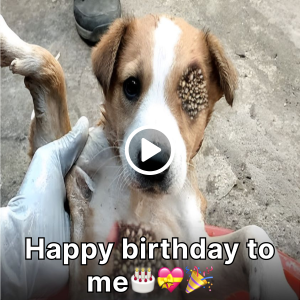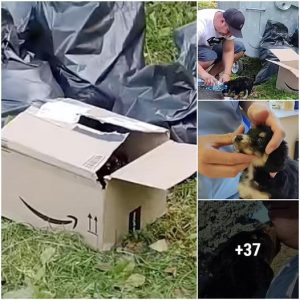.

Mango worms are typically found in warm and humid climates, where the mango fly thrives. The adult female fly lays eggs on damp soil, where they hatch into larvae within a few days. These larvae then attach themselves to passing hosts, including dogs, through contact with the skin.
Once on the host, mango worm larvae burrow into the skin, creating small, painful lesions. As they feed and grow, these larvae cause intense itching, prompting the dog to scratch and exacerbate the problem. If left unchecked, the infestation can lead to secondary infections and skin issues.
Recognizing Symptoms:

Identifying mango worm infestation early is crucial for effective treatment. Common symptoms include:
- Visible Worms: In advanced cases, owners may notice small, white larvae protruding from the dog’s skin.
- Lesions and Sores: Dogs may develop red, swollen bumps or sores, especially around the head, neck, and paws.
- Excessive Scratching: Infected dogs often exhibit intense scratching or licking behavior, indicating discomfort.
Treatment and Prevention:

Prompt treatment is essential to alleviate the dog’s suffering and prevent complications. Veterinary intervention is typically required to remove the mango worms safely and address any secondary infections. Treatment may involve:
- Manual Removal: Veterinarians carefully extract the mango worms using specialized tools, ensuring complete removal to prevent recurrence.
- Antibiotics: If secondary infections are present, antibiotics may be prescribed to combat bacterial growth and promote healing.
- Preventive Measures: Preventing mango worm infestation involves keeping dogs away from contaminated areas, such as damp soil and vegetation. Regular grooming and inspection of the dog’s skin can also help detect and address any signs of infestation early.
Conclusion:

Mango worm infestation can pose significant challenges for dogs and their owners, causing discomfort and potential health risks if untreated. By understanding the causes, symptoms, and treatment options, pet owners can take proactive steps to protect their furry companions from this parasitic threat. Early detection and veterinary care are crucial for managing mango worm infestation effectively and ensuring the well-being of affected dogs.





